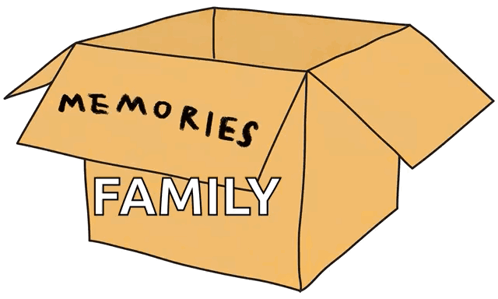From Panasonic to Pixels: My Digital Awakening
I received my first smartphone when I was 18 and had just joined college to pursue my BTech in Mechanical Engineering back in 2015. My first phone was made by Panasonic.
The reason I got the phone wasn’t because my friends had one; it was actually a requirement from our class coordinator. We needed to be active on WhatsApp to stay updated with notifications and group discussions.
This wasn’t an uncommon situation, as many of my friends were also getting their first phones around the same time.
It’s interesting to think about how smartphones have become such an essential part of our lives, especially during significant transitions like starting college.
Having that phone helped me stay connected with my classmates and manage my academic responsibilities more effectively. Looking back, I can see how that experience shaped my social interactions and learning journey.
Do I have any memorable experiences or challenges from that time related to my first smartphone? Absolutely!
I installed WhatsApp for the first time and connected with my friends.
I also installed Instagram for the first time and followed celebrities, artists, and many fellow college mates.
I got my first SIM card and a personal number.
Although I was already on Facebook, I installed the Facebook app on my phone and used it. (That's when Jio first launched in India, but I wasn't sure about their schemes, so I didn't buy a Jio SIM card.)
I told my parents about WhatsApp since it was the first smartphone in my small family.
I was proud to own my smartphone.
Later, I even recommended that my dad buy a smartphone, as he loved using it. It was hard for my parents to understand how to use it at first, but slowly they learned how touch screens work, how to call someone, how to answer a call, how to mute a call, and even how to use WhatsApp.
Many assume that using WhatsApp is easy, but it's not. One has to be very careful while using it, especially when deleting messages, as there is no way to undo that action. Deleting messages on WhatsApp has been a nightmare for many: "Delete for me" — the UI's worst decision to have that option for the sender as well.
It was a whole new world, and the revelation it brought was immense, introducing a completely new lifestyle. This technology was a milestone for millennials, as smartphones became more accessible and affordable.
I do own a smartphone, but these days I just use it for payments and watching movies.
I rarely catchup on WhatsApp.
I use less of Instagram.
I am active on Blogger and LinkedIn, but I access both on my laptop.
So what do I do on my "PHONE"?
In 2022 when I started working in publishing industry I actually wanted to switch to using the old phone set.
I had Nokia in my mind.
Core Functionality:
- Calling
- Receiving calls
- Sending messages
- Receiving messages
What most do on a phone?
- Making calls: Reach out to friends or family to invite them to an event, congratulate them on an achievement, celebrate a special occasion, share a moment of sadness, or simply have a chat.
- Receiving calls: Answer calls from loved ones, customer service representatives, or even unexpected calls from telemarketers.
- Text notifications: Stay informed with messages about bank transactions, such as debits and credits, pending bill payments, disaster alerts, or promotional offers from nearby malls, theaters, and events. Don’t forget the all-important OTP (One-Time Password) for secure transactions.
- Sending messages: Use quick replies like "I'll call you later" or "I'm busy" to gracefully divert calls when you can’t talk.
- Calculator use: Utilize the calculator for quick calculations, whether for budgeting, shopping, or any other numerical needs.
- Social media and apps: Engage with social media platforms and other applications to stay connected, share experiences, and access a variety of services.
- Cashless payments
- Googling questions and ideas
- Listening to music
- Capturing photographs and videos
- Sharing moments in life
- Authentication and OTPs
- Fidgeting when bored



